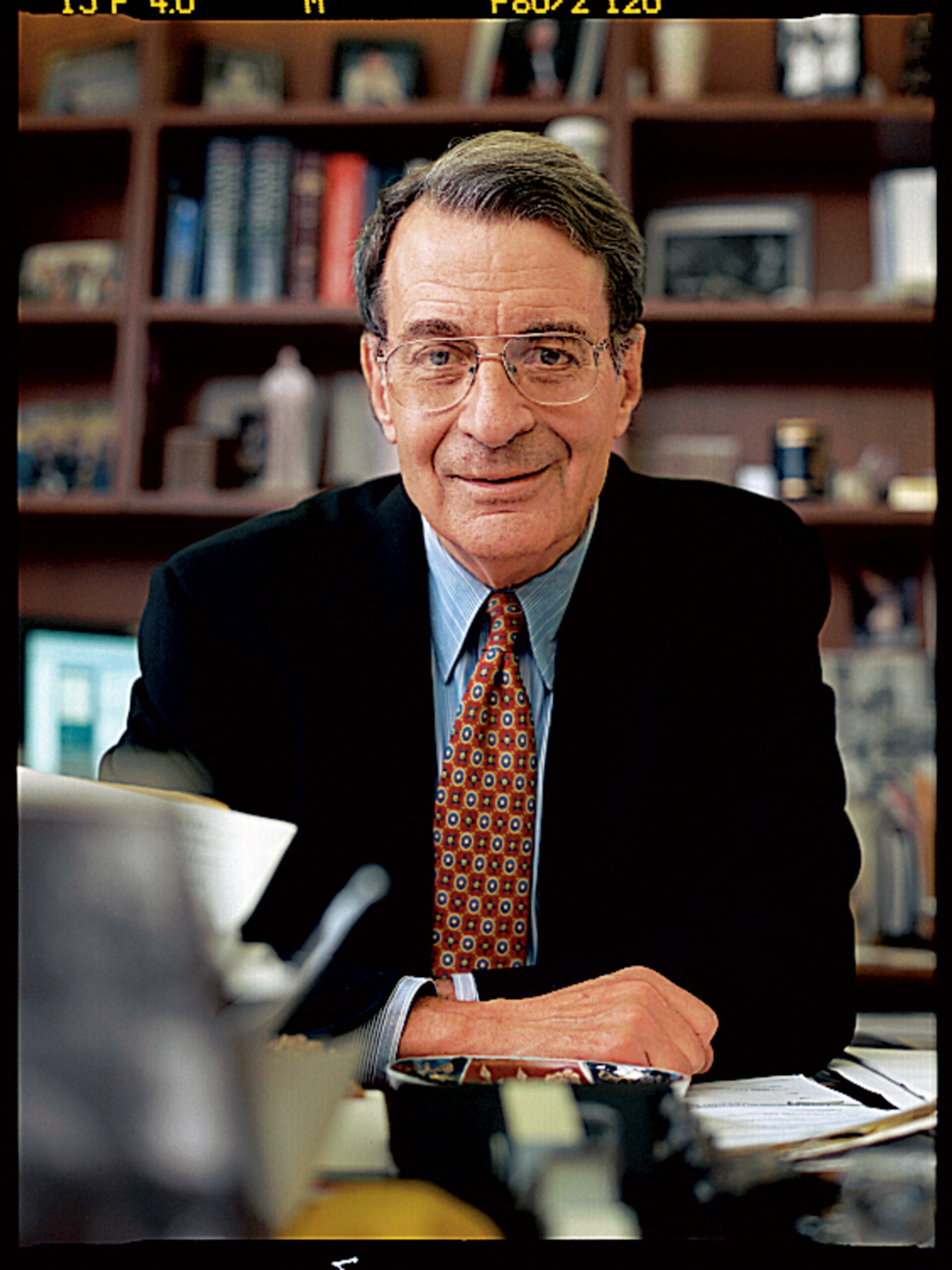The following op-ed, Fighting the online drug corner, co-written by Harvard Law School Professor Philip Heymann ’60 and Mathea Falco, president of Drug Strategies, was published in the Washington Post on March 15, 2008.
Close to 10 percent of high school seniors have used an addictive, dangerous prescription narcotic within the past year. This is more than 10 times the rate of heroin use. Only tobacco, alcohol and marijuana are abused more frequently. Many young people wrongly believe that prescription painkillers, even if taken without a prescription, are not addictive and are much safer than street drugs. They also say that prescription drugs are “available everywhere.”
Although we don’t know precisely how much prescription narcotic drug abuse is fueled by Internet purchases, we can get a sense of the availability of these drugs by going online and searching for, say, “vicodin without prescription” or “oxycontin without prescription.” Search engines immediately identify thousands of Web sites that advertise these drugs and offer to take any major credit card for payment. The vast reach of the Internet makes it as easy for American adolescents to buy drugs as it is for them to buy books or music. If the Internet is not already the primary enabler of this epidemic, it soon will be.
Stiffer penalties on the sellers of these drugs will not make an appreciable dent in Internet sales. Most of the Web sites offering these drugs are hosted outside the United States, with the sellers well beyond the reach of U.S. law enforcement. A site selling Vicodin without a prescription can be created on a computer in Uzbekistan, registered to a business address in Pakistan and deposit payments to a Cayman Islands bank. The drugs can be produced in a country that doesn’t require prescriptions for narcotics. To believe that international law enforcement cooperation will make this globalized business dangerous for the sellers would be a tragic mistake.
Tougher standards for what constitutes a valid online prescription, as Sen. Dianne Feinstein’s pending legislation would mandate, are important if the whole system of legitimate Internet sales of prescription drugs is not to collapse. But rogue pharmacies operating in lawless locations will continue offering to sell narcotics to teenagers without prescriptions — or with the phoniest pretense of a prescription — happily using the unwitting cooperation of U.S. search engines, Internet service providers and credit card companies. We need additional legislation to require the legitimate businesses that are key intermediaries in illegal online drug transactions to withdraw their assistance.
Continue reading “Fighting the online drug corner.”
Mathea Falco, president of Drug Strategies, was assistant secretary of state for international narcotics matters from 1977 to 1981. Her e-mail address is mathea.falco@gmail.com. Philip Heymann, a professor at Harvard Law School, was deputy attorney general from 1993 to 1994.
